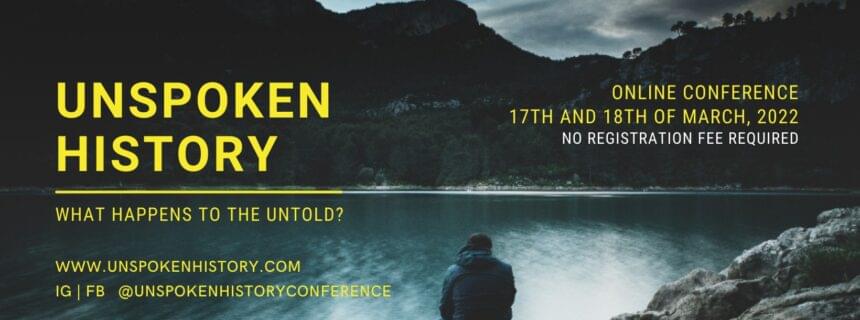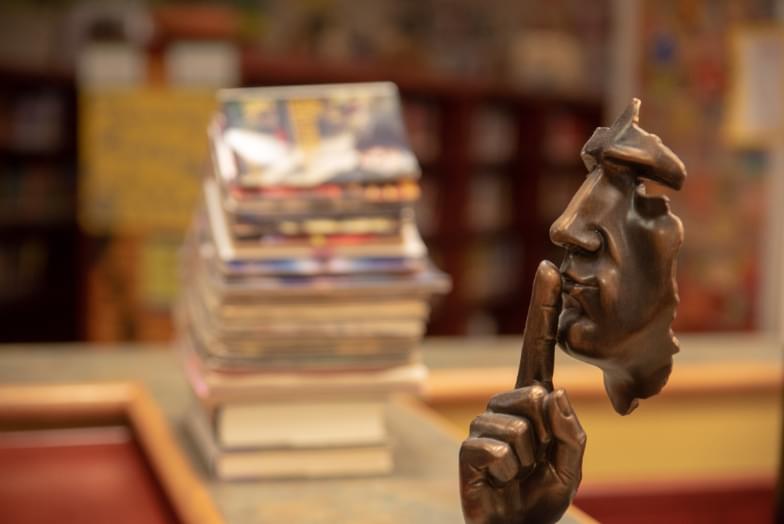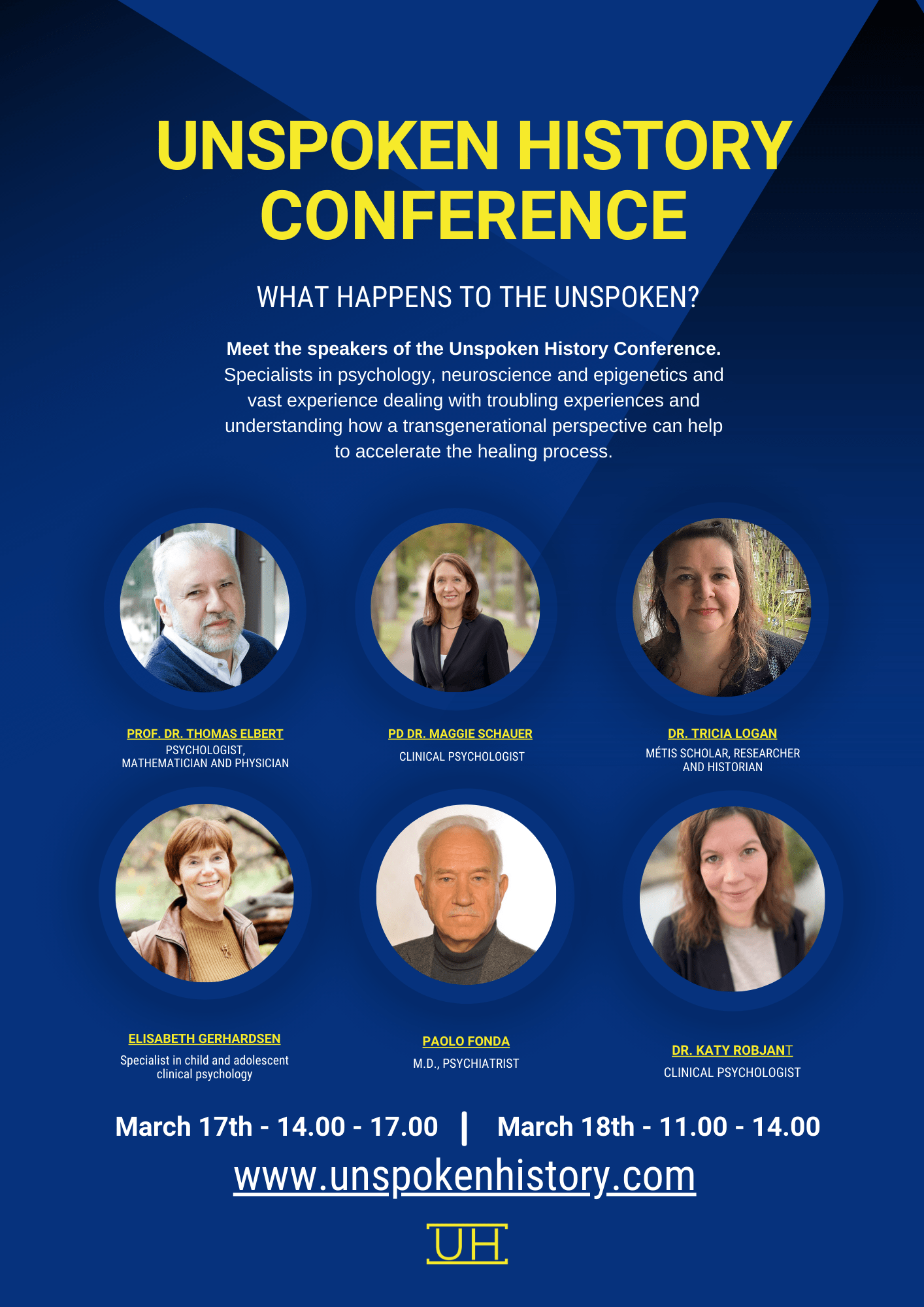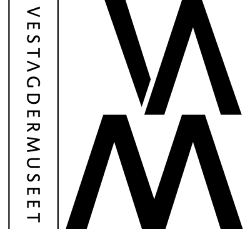Our international conference for historians, ethnologists and anthropologists, financed by the Arts Council Norway, has been conducted as planned 17. & 18. of March 2022, and recordings of all lectures are now available! Two days, six speakers, six lectures – all addressing the intergenerational transfer of the Untold and trauma from one generation to the next!
Under the surface of our societies, there are thousands and thousands of stories that could add shades and details to a black-and-white picture of historical events. But many of these stories are too personal or too traumatic to share, and one may decide consciously or unconsciously not to tell anyone about happenings that have been crucial for one’s life.
However, the Untold can have long-term consequences also for the generations to come. It can directly influence the lives of one´s children and grandchildren and intergenerational relations and, on a higher level, our common perception of history.
Several fields of study, such as psychology, neuroscience, and epigenetics, regularly deal with the intergenerational transfer of trauma. Others, such as ethnology, anthropology, and history, have not yet fully embraced its importance, even if institutions such as museums have long since collected and disseminated personal narratives about the troubled past. Here, they were struck by the silence they were met with, and by the many layers of the Unspoken and Untold.
The conference was free of charge, and all recordings can be found here.
This international conference aimed at gathering experts from different fields of studies to present a status quo of what we know today about the intergenerational transfer of the Unspoken. Through six lectures spread over two days, each of them highlighting one important aspect of a larger picture:
· The mechanisms behind intergenerational transfer of trauma
· How to use Narrative Exposure Therapy (NET) with informants
· How NETfacts can contribute to healing within societies
· The war mindset
· Settler colonial genocide and residential schools in Canada
· Collective trauma, exemplified by the Sami minority
Collaboration partners
This conference is part of a new research project in Norway supported by the Arts Council Norway and lead by Vest-Agder Museum. Collaboration partners are the Museum for Reconstruction in Finnmark, and UiT, The Arctic University of Norway. Also, we work closely together with the Faculty of Communication from the University of Vilnius in Lithuania. The research is a spin-off of the international project Identity on the Line (I-ON), which explores the long-term consequences of different migration processes, forced or voluntary, which took place in Europe over the last 100 years.



